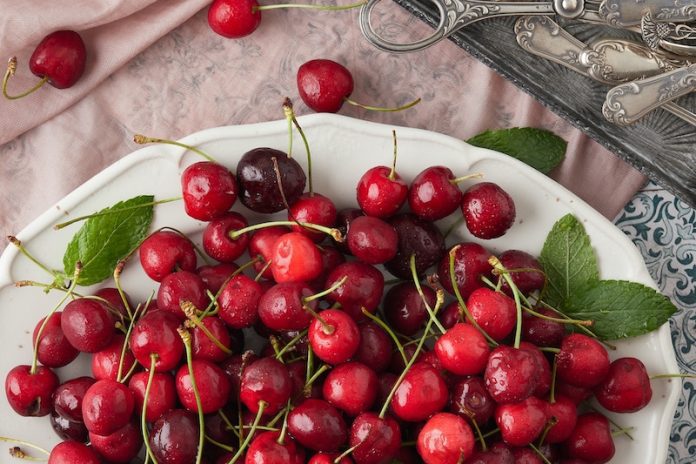
As a type 2 diabetic, it is crucial to be mindful of the food you consume, including fruits. Fruits are loaded with vitamins, fiber, and antioxidants that offer numerous health benefits.
However, some fruits have a high glycemic index (GI) that can spike your blood sugar levels. It’s essential to make wise choices.
What is Type 2 Diabetes?
Type 2 diabetes is a metabolic disorder that impacts the body’s ability to produce or effectively use insulin. Insulin is a hormone that regulates blood sugar levels.
When the body becomes insulin-resistant or cannot produce enough of it, blood sugar levels rise, leading to various health complications.
Best Fruits for Type 2 Diabetes
Berries: Berries, such as strawberries, blueberries, and raspberries, are low in carbohydrates, have a low GI, and are rich in fiber, antioxidants, and vitamins.
Avocado: Although technically a fruit, avocados are low in carbohydrates and high in healthy fats, fiber, and potassium. They’re also rich in antioxidants and anti-inflammatory compounds.
Cherries: Cherries are low in carbohydrates, have a low GI, and are high in antioxidants.
Grapefruit: Grapefruit is a low-calorie fruit that’s high in fiber, vitamins, and antioxidants. It is also low in carbohydrates and has a low GI.
Apples: Apples are high in fiber and antioxidants and are also low in carbohydrates with a low GI.
Worst Fruits for Type 2 Diabetes
Watermelon: Watermelon, despite being low in carbohydrates and calories, has a high GI due to its high sugar content.
Pineapple: Pineapple is another high GI fruit, high in sugar and carbohydrates.
Mangoes: Mangoes are high in sugar and carbohydrates with a high GI.
Grapes: Despite being rich in antioxidants, grapes are high in sugar and carbohydrates with a high GI.
Dried fruits: Dried fruits such as raisins, dates, and prunes are high in sugar, carbohydrates, and calories.
Fruit juice: Fruit juice, though derived from fruits, is high in sugar and carbohydrates and lacks fiber, which slows down the absorption of sugar into the bloodstream.
Conclusion
Fruits are an essential part of a healthy diet, but people with type 2 diabetes need to be mindful of their fruit intake.
Low-GI fruits such as berries, avocados, grapefruit, and apples are excellent choices, while high-GI fruits such as watermelon, pineapple, mangoes, and grapes should be avoided.
Similarly, dried fruits and fruit juice, which are high in sugar and carbohydrates, should be consumed in moderation.
Eating a variety of fruits in moderation can help maintain blood sugar levels and reduce the risk of health complications associated with type 2 diabetes.
Follow us on Twitter for more articles about this topic.
Copyright © 2023 Scientific Diet. All rights reserved.





